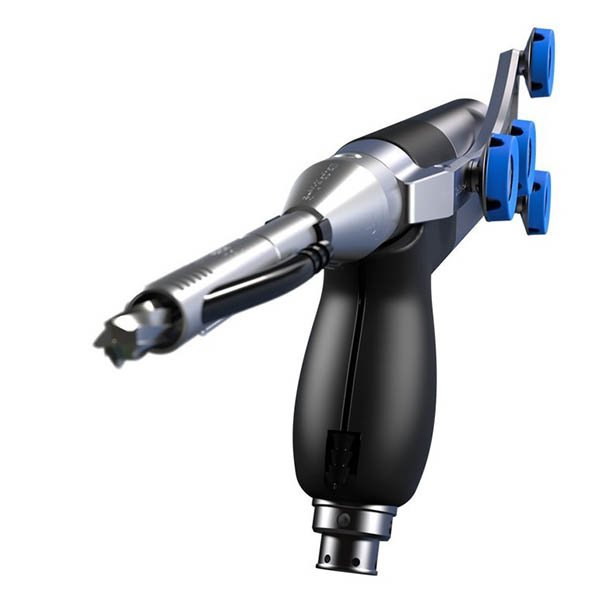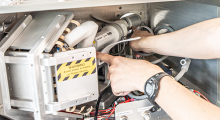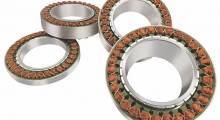Smith & Nephew LLC today announces the full launch of CORI handheld robotic system for both total and partial knee arthroplasties. The London-based company claimed that its system allows surgeons to measure, plan, and perform a knee surgery that is personalised to the patient's individual anatomy.
“The CORI system is excellent to use,” Mr Tim Parratt, consultant orthopedic surgeon at East Suffolk North Essex NHS Foundation Trust. “This technology is mobile, portable, and slots seamlessly into theater.”
“There is minimal disruption for the theatre staff,” added Parratt, one of the first surgeons to use the device in the U.K. “If anything, it's easier than getting [a] conventional kit ready. This system also allows me to tailor the operation to the patient's unique physiology, whereas with instruments, I tended to perform the same operation every time on each patient.”
Founded in Hull, U.K., in 1856, Smith+Nephew offers medical technologies in orthopedics; advanced wound management; and sports medicine and ear, nose, and throat treatment in more than 100 countries. The company, which has more than 18,000 employees and generated sales of $4.6 billion in 2020, recently opened a surgical robotics research and development center in Pittsburgh.
Robotic surgery can improve patient outcomes
Over 680,000 people in the U.K. are currently waiting for a hip or knee replacement, noted Smith+Nephew. Many of those have waited well over a year, living with chronic pain, it said. More than 10% of patients waiting for knee surgery in the U.K. said their quality of life is “worse than death,” according to a study in The Bone & Joint Journal.
The benefits of robot-assisted surgery for patients are myriad, said Smith+Nephew. They include significantly improved patient-reported outcome measures (PROMs) and shortened length of hospital stays, as well as evidence of an earlier return to an active lifestyle.
Australia has been a leader in the field of robotics and navigation in orthopedic surgery, and its registry has demonstrated the benefits patients can expect such as fewer revisions and complications. Some patients have been discharged in less than 24 hours after such procedures.

CORI designed for portability
Unlike other surgical robots, the CORI system is designed “to place the surgeon at the heart of the digital operating room,” claimed Smith+Nephew. “Surgeons can access the benefits of robotic surgery but still have full decision-making capability at each step of the operation,” it said.
The company described CORI as a “compact and fully mobile system incorporating a 3D intra-operative imaging system with an advanced robotic sculpting tool.”
Smith+Nephew said it is more compact than alternative robotic systems, has minimal setup time, and is so portable that it can be moved from theater to theater to optimize the flow of patients through surgical units.
“The CORI system enables every patient to have a knee replacement that is shape-matched and aligned to their specific anatomy,” said Simon Tarry, managing director for the U.K., Ireland, and the Nordics at Smith+Nephew. “We know that outcomes aren't consistent in non-robotic surgeries and that one in five patients have issues following surgery. Our technology has evolved so that we can achieve a personalized fit to each individual patient.”
Smith+Nephew said its launch of CORI is the first of several hardware and software launches planned for the next five years. It said this demonstrates its commitment to improving the surgical experience through digital technology innovations across the patient pathway.
Article topics
Email Sign Up














